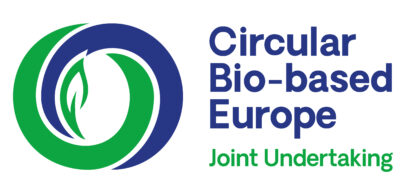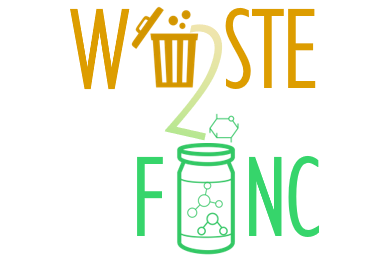Safe and sustainable by design microbial and lignin-based biosurfactants sourced from sustainable feedstock for home, personal care and agrochemical application
Crucial in daily life, surfactants are utilised in various sectors, including home and personal care, cosmetics, pharmaceuticals, food and feed, beverages, chemicals, detergents, and more. However, as many are produced through chemical processes, concerns have been raised about deforestation and logistic chains. The global production volume of surfactants stands at about 18 million tonnes, with an expected turnover of 47 billion euros by 2027, driving significant economic and environmental impacts. Despite a growing demand for safe and sustainable options, only 4% of the surfactant market consists of fully biobased surfactants. The SURFs UP project aims to address this gap by developing optimised processes for 9 second-generation biosurfactant products.
These products will be derived from renewable feedstocks, such as wood processing waste (sugars and lignin) and regional food/processing waste. The project will focus on microbial biosurfactants and chemically produced biosurfactants from lignin. Each product will undergo thorough characterisation and evaluation based on safety and sustainability criteria. The production will be scaled up, and prototypes will be formulated for home and personal care, as well as agrochemical applications. Cost-efficiency and sustainability will be prioritised throughout the project, with comprehensive economic and environmental assessments.

The SURFs UP project aims to:
- Conduct sustainable EU feedstock mapping and optimise feedstock pretreatment for the SURF’s UP value chains, focusing on selecting optimal locations and assessing biomass availability, usage, and volume.
- Demonstrate optimised, cost-efficient, and sustainable bioprocesses for biosurfactant production.
- Formulate and demonstrate prototype biosurfactant products for personal care, home care, and agrochemical applications, emphasising reduced CO2 emissions.
- Design realistic financial models for a biorefinery concept, incorporating in-depth process simulation and modelling-based techno-economic assessments to ensure economic, environmental, and social sustainability.
- Design, build, and commission the SURF’s UP DEMO plant to validate biosurfactant production processes at the DEMO scale.
- Operationalise the EC SSbD Framework for the development of novel biosurfactants, aligning with environmental goals and market demand for eco-friendly products.
- Use environmental and social sustainability performance as a guide in process development and business planning, aiming to improve the overall environmental impact and reduce feedstock import dependency.
ACTIVITIES of the Bio Base Europe Pilot Plant
- Coordinate the project as a whole
- Optimise the sugar feedstock pretreatment and scale-up of the pretreatment to optimise the compatibility to use them in the subsequent fermentation processes
- Scale-up all technologies for the glycolipid producing biosurfactants (fermentation and DSP)
- Advise from a concept and engineering point of view for the SURFs UP DEMO establishment
- Assist in the communication and dissemination activities
PARTNERS
- Bio Base Europe Pilot Plant, BE (Coordinator)
- University of Liege, BE
- Italbiotec, IT
- DBFZ, DE
- Ajinomoto Omnichem, BE
- VTT Technical Research Centre, FI
- IST-ID, PT
- Ecover Co-Ordination Center, BE
- Fibenol, EE
- LEITAT Technological Center, ES
- AmphiStar, BE
SUPPORTED by
The project is supported by the Circular Bio-based Europe Joint Undertaking and its members.



Disclaimer Art 17.3. Funded by the European Union. Views and opinions expressed are however those of the author(s) only and do not necessarily reflect those of the European Union or CBE JU. Neither the European Union, nor CBE JU can be held responsible for them.
Other Project in the Spotlight
WASTE2FUNC
The WASTE2FUNC project aims to resolve supply chain hurdles towards the efficient conversion of food (crop) waste into two types of biobased functional molecules.
Read More


 webdesign
webdesign